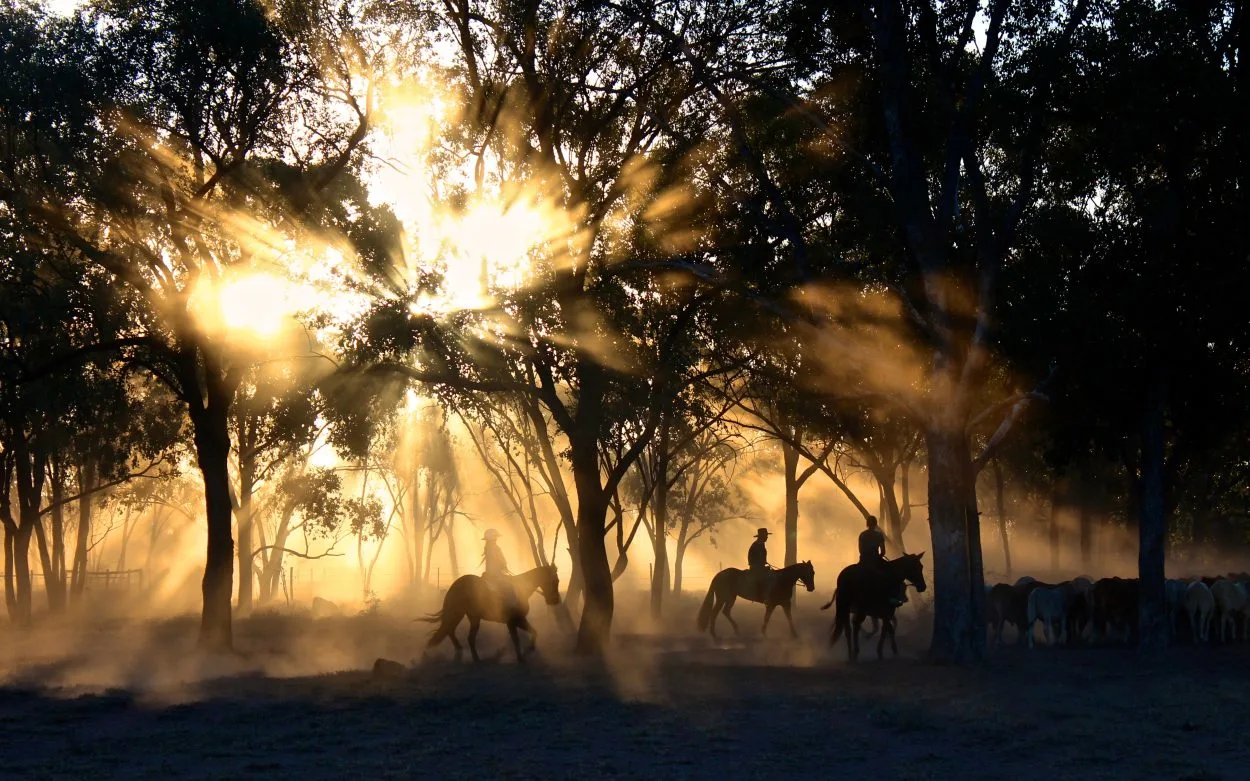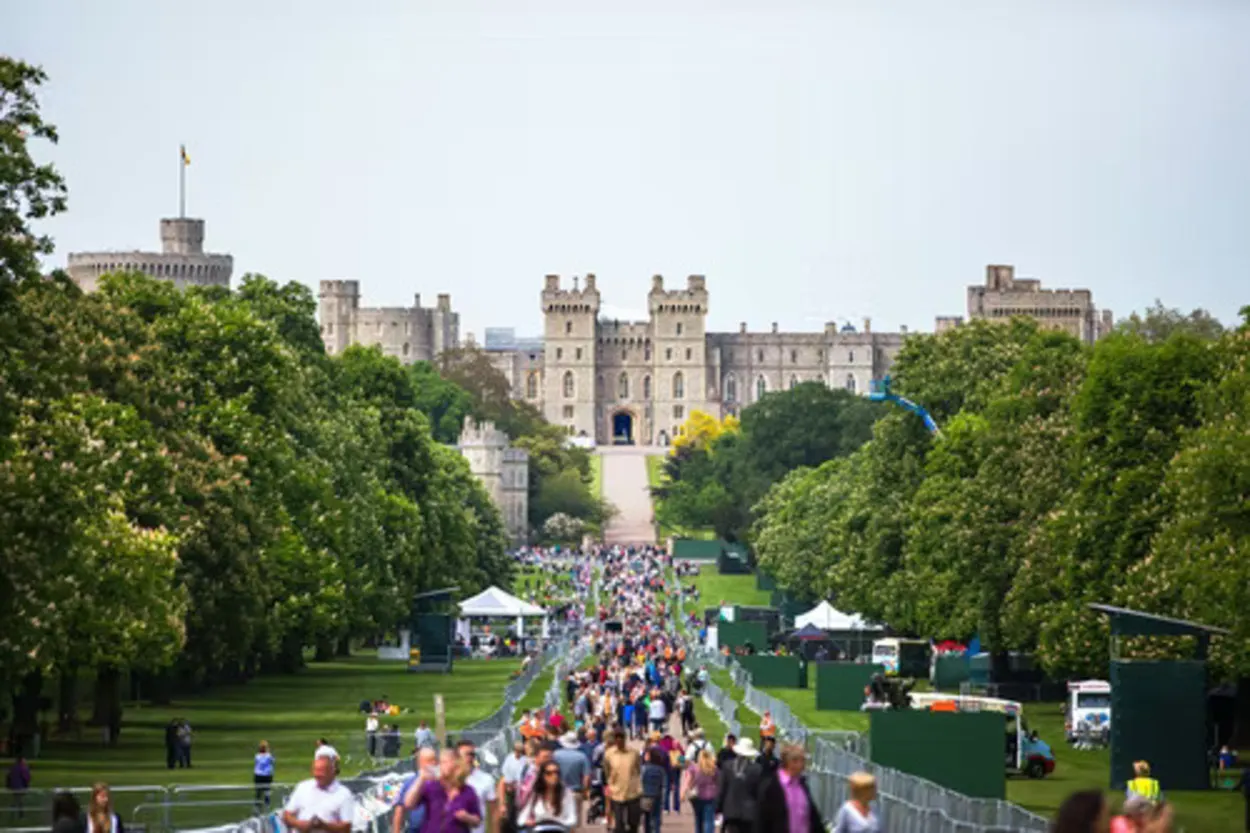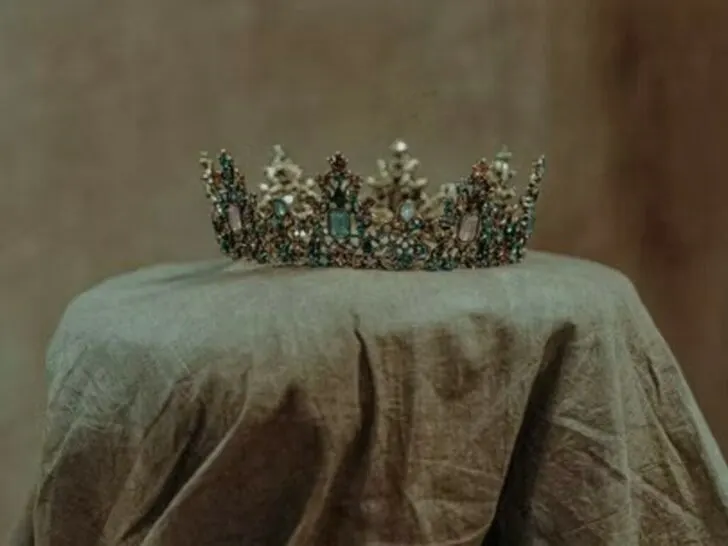The United Kingdom is the first place that comes to mind when discussing royalty. And we all flaunt and flutter over William and Kate’s lifestyle and discuss how late Princess Diana died.
The words Prince and Duke are familiar to us through this family, but not all of us know the difference between them. There are five ranks in British peerage, and the Duke is one of them, while the title of the Prince is the birthright of the son or grandson of the monarch.
Did you know there are 25 other Royal families in this world that are not as much discussed as the Royalty from the UK? Amazing, isn’t it?
The general difference between a Prince and a Duke is that a Prince is the highest rank in the monarchy while a Duke comes next to it.
For a more detailed discussion, keep on reading.
Who Is A Prince?
A Prince is the son of the grandson of a monarch. He may or may not be the next in line for the throne, but the children in the direct bloodline of the monarch are the Prince and Princesses. For instance, Prince Charles, Prince William, Prince George, and Prince Louis were all the successors of Queen Elizabeth.
Girls grow up dreaming about a Prince coming into their lives. Maybe that is why we always keep an eye on the Royal family, and with every wedding announcement of a Prince, millions of hearts shatter across the globe.
A Prince isn’t made. He is BORN!
You can’t become a Prince by marrying a Princess, but marrying a Queen is another thing. It has happened twice in royal history that a non-blood person had become a Prince because he married the Queen.
Who Is A Duke?
When it comes to the rank of a Duke, we know there are two kinds of Dukes. One is a Royal Duke, and one is someone presented with the title but not from the royal family.
A Duke is the sovereign ruler of a duchy. There are people accepted by the King or the Queen as a Duke and that person is entitled to the title.
Of course, the royalty takes its ranking seriously, and anyone added to the group is well-investigated and researched.
And then there are royal Dukes. Dukes are blood relatives and given the ruling power of a duchy. Prince Williams and Prince Harry were given the title of Duke when they married.
Currently, other than the royal Dukes, there are just 24 Dukes in the nobility of the British peerage.
What Is The Duty of A Prince?
The duty of a Prince is to take care of the sovereignty of the Kingdom and the stability of the state. Whatever the Prince does, he does it for the betterment of his people and to keep on ruling with dignity.
While the Prince comes after the King and the Queen, he isn’t as responsible for the decisions and discussions as the King or the Queen are, but from a very early age, his training begins.

A Prince is trained to ride a horse to fight with a sword, rifle, and other weapons. A Prince needs to get this training just like their ancestors.
Can You Call The Son of A Duke A Prince?
You cannot call the son of a Duke a Prince. You can call a Duke’s son Your Grace or Lord, but you can never call him a Prince because he is not. Unless he is the son or a grandson of a King, Queen, or another Prince.
In some cases, a Prince is also a Duke, and his son can be called a Prince, but generally speaking, you can never call a Duke’s son a Prince.
The sons and daughters of Prince William (who also happens to be Duke of Cambridge) are Prince and Princesses because they are the grandchildren of the Queen herself.

Who Is Closer to The Throne: A Duke or A Prince?
A Prince- the eldest son of the monarch is closer to the throne and after him, his children are the successors of the regime.
It is critical to understand that a Prince is also a Duke until he becomes a King. The current successor of Queen Elizabeth II is Prince Charles, who happens to be the longest-serving Prince of Wales, and after the death of his father, he was also given the title of the Duke of Edinburgh.
To sum it up, let me say that in the popular show Game of Thrones, a Prince is the closest to the throne, but a Prince can also be a Duke. But someone not from the royal family and given the title of the Duke is not close to the throne.
Check out this video to understand the line of succession:
What Are The Royal Family Titles in Order?
The British peerage may seem complicated as there are so many people from the bloodline and outside of it that have been added to the family and hold different rankings. But to simply understand there are just five ranking in the peerage that makes the hierarchy.
Following is the list of those five rankings in order:
- Duke
- Marquess
- Earl
- Viscount
- Baron
The British peerage and the people in the kingdom are very serious about these titles as the monarchy here is given full-fledged respect as it was given since day one.
It is very important to know how to address people from the ranking accordingly. Addressing inappropriately may cause consequences to the person unaware of the country’s norms.
To make things easier, have a look at this table below:
| The person who holds the title | Wife | Children | |
| Duke | Your Grace | Your Grace | Your Grace, Lord, or Lady |
| Marquess | Lord | Lady | Lord, Lady |
| Earl | Lord | Lady | Honorable, Lady |
| Viscount | Lord | Lady | Honorable, Lord, Lady |
| Baron | Lord | Lady | Honorable |
Summary
- The article explains the difference between a Prince and a Duke in the context of royalty.
- A Prince is the son or grandson of a monarch and holds a high rank in the monarchy.
- A Duke can be a Royal Duke with ruling power over a duchy or someone presented with the title by the King or Queen.
- A Prince’s duties include safeguarding the kingdom’s sovereignty and training in various royal skills.
- The son of a Duke is not referred to as a Prince unless he is also the son or grandson of a King, Queen, or another Prince.
- A Prince is closer to the throne in the line of succession than a Duke.
- The British peerage has five rankings: Duke, Marquess, Earl, Viscount, and Baron, with specific titles and forms of address.
- Understanding these royal distinctions adds depth to discussions. That is about the British monarchy and peerage hierarchy.
Also, check out my article on My Liege and My Lord: Differences (Contrasts)

